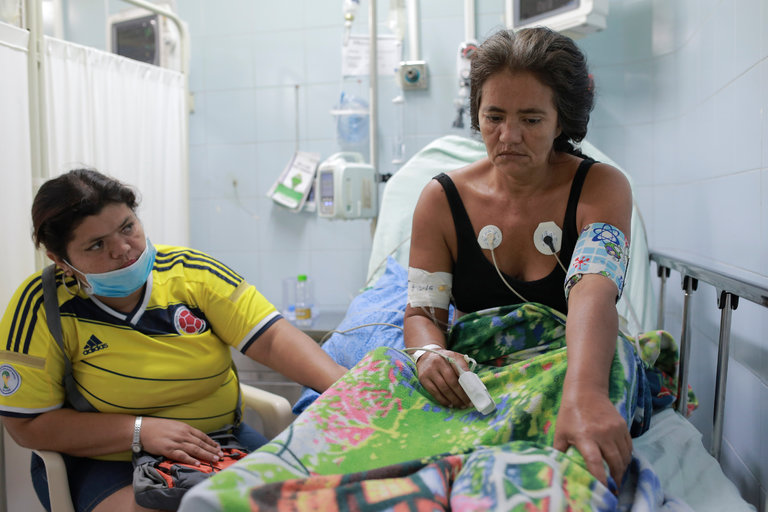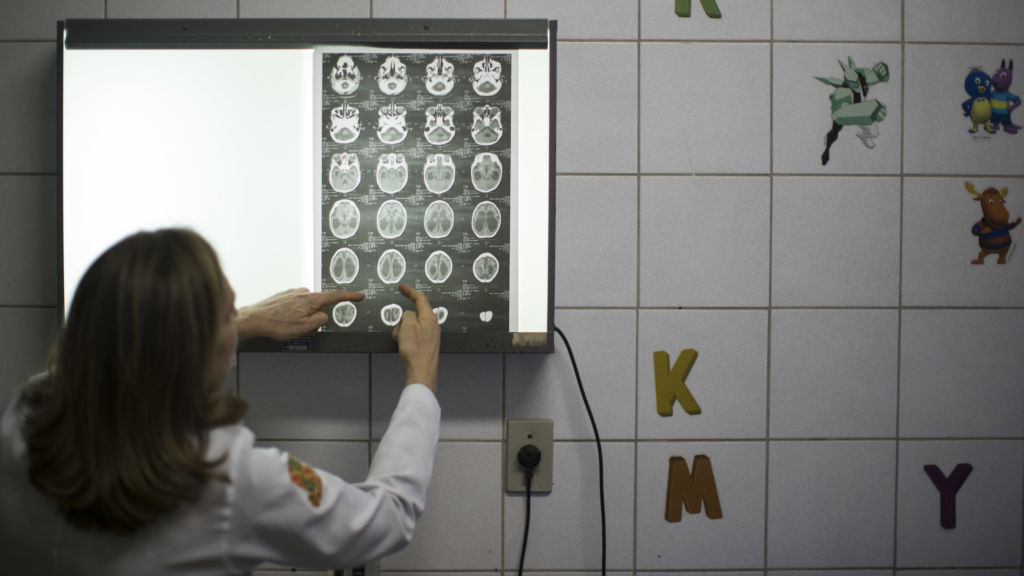You are here
Tue, 2013-10-01 13:34 — mdmcdonald
This group focuses on community physical and mental health. What factors are currently impacting our health and what issues may we face in the future?
This group focuses on community physical and mental health. What factors are currently impacting our health and what issues may we face in the future? How do we improve our health now and prepare ourselves for potential dangers?
Add Content to this group
Members
| Kathy Gilbeaux | mdmcdonald | MDMcDonald_me_com |
Email address for group
health-sfl@m.resiliencesystem.org











Recent Comments